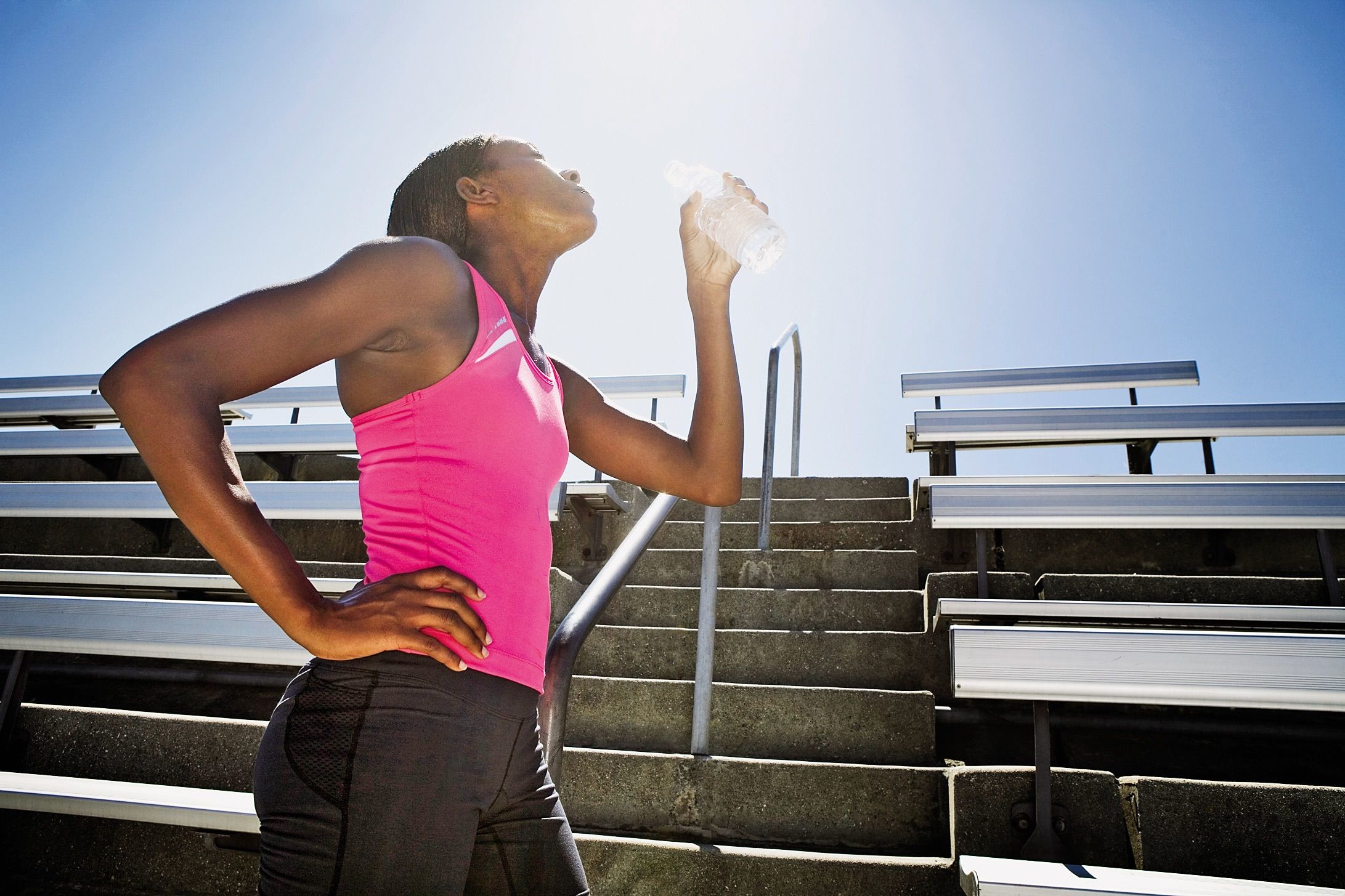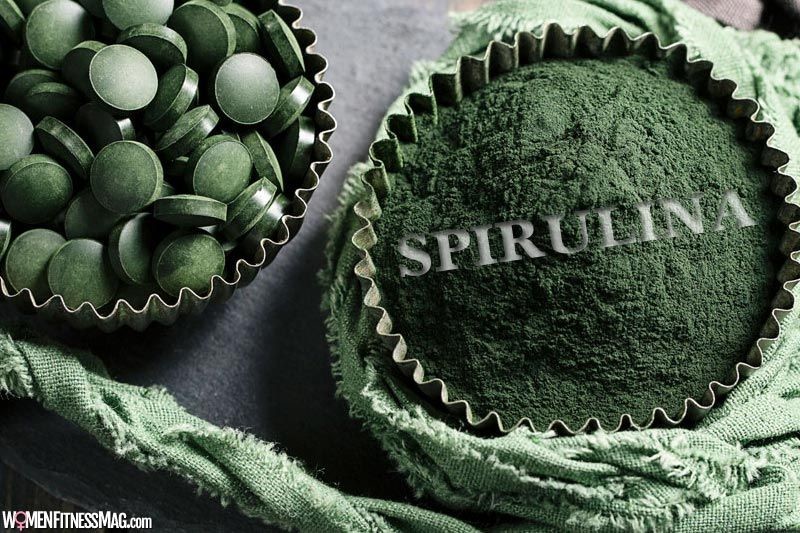Running News Daily
Running News Daily is edited by Bob Anderson. Send your news items to bob@mybestruns.com Advertising opportunities available. Train the Kenyan Way at KATA Kenya and Portugal owned and operated by Bob Anderson. Be sure to catch our movie A Long Run the movie KATA Running Camps and KATA Potato Farms - 31 now open in Kenya! https://kata.ke/
Index to Daily Posts · Sign Up For Updates · Run The World Feed
Runner’s nutrition highlights from the ACSM annual meeting
The American College of Sports Medicine (www.ACSM.org) is a professional organization with more than 17,400 members who are doctors, dietitians, psychologists, exercise physiologists, and other health professionals who work with athletic people. At ACSM’s 2021 Annual Meeting in June, members shared their knowledge and latest research. Here are just a few sports nutrition highlights that might be of interest to runners.
• Male cyclists often have weaker bones than runners, in part because they are not doing weight-bearing exercise. Bone loss has also been seen in NCAA male basketball players—as much as 6% bone loss in a year. Why? The decline might be related to calcium lost in sweat. Hence, runners who sweat heavily might be wise to consume more calcium-rich foods. Chocolate milk for a recovery drink?

• Weight-conscious runners who are Intermittent Fasting commonly skip breakfast. Breakfast skippers tend to be less physically active; they do not lose more body fat than breakfast eaters. No harm in fueling up for an active day!
• Whether you are a collegiate athlete, a CrossFit fan, or a gym rat, you can experience similar changes in body fat. No one exercise or exercise setting is superior to another. Hard work creates the desired results, regardless of where you train.

• Global warming means outdoor runners will be spending more time exercising in the heat—and that can take its toll on performance. To beat the heat, try pre-cooling your body by draping a towel dipped in ice water around your neck. You can also put ice packs on your thighs for 20 minutes. Dropping your body temperature pre-run can help you perform better during subsequent exercise.
• To reduce heat stress, up can also cool yourself from the inside out by consuming ice slurries before and during your run.
• Elementary school children at a soccer camp trained for two hours in the morning and again in the afternoon. In the morning, the fluid station was set up beside the pitch. The kids drank too little. In the afternoon, the kids each brought a personal water bottle inside the pitch. They drank enough to replace sweat losses. That simple change helped safeguard these 2nd and 3rd graders. All summer athletes should have water readily available.
• Even national-level male soccer players can struggle to consume enough fluids. On Day One of urine testing, 90% of the players were significantly dehydrated. None were well hydrated. Continuously monitoring hydration status nudged the players to drink more fluids. If you are exercising in the heat, be sure to drink enough so that your first morning urine is not dark and smelly!
• Parents: Keep your eyes open for eating disorders in your young athletes. Among 2,109 middle school runners (1,252 boys; 857 girls), 1.5% reported a clinical history of eating disorder, or they met the criteria for elevated dietary restraint. Compared to the “normal” eaters, the restrained eaters were more likely to skip meals (68% vs 6%), follow a vegetarian diet (55% vs 13%) and use dietary supplements (84% vs 25%). They also reported running slower and recovering slower. Youth athletes should be taught to focus on fueling to grow and perform—and stop skimping on food to be lighter or leaner.
• Spirulina is a popular supplement that has been shown to have antioxidant and performance enhancing properties. A study that involves muscle-damaging exercise suggests spirulina supplementation (6 grams/day) did not offer any benefits in terms of muscle performance or recovery from muscle damage.
•Not all athletes respond to ergogenic (energy-enhancing) sports supplements in the same way. A study with beta-alanine suggests differences in benefits were related more to sleep habits, motivation, nutrition, and training schedules – and less to the supplement itself. Hence, athletes are more likely to respond positively to a supplement if they create supportive lifestyles. No amount of supplements will compensate for an erosive lifestyle.
• To my dismay, nutrition is not always the winning edge. In the past five years, numerous track & field world records have been broken—not because of better nutrition but rather a new style of shoes that reduces effort. Regardless, I recommend you keep eating wisely and fueling well!
by Colorado Runner
Login to leave a comment




